12/05/2021
How to check if a car is stolen
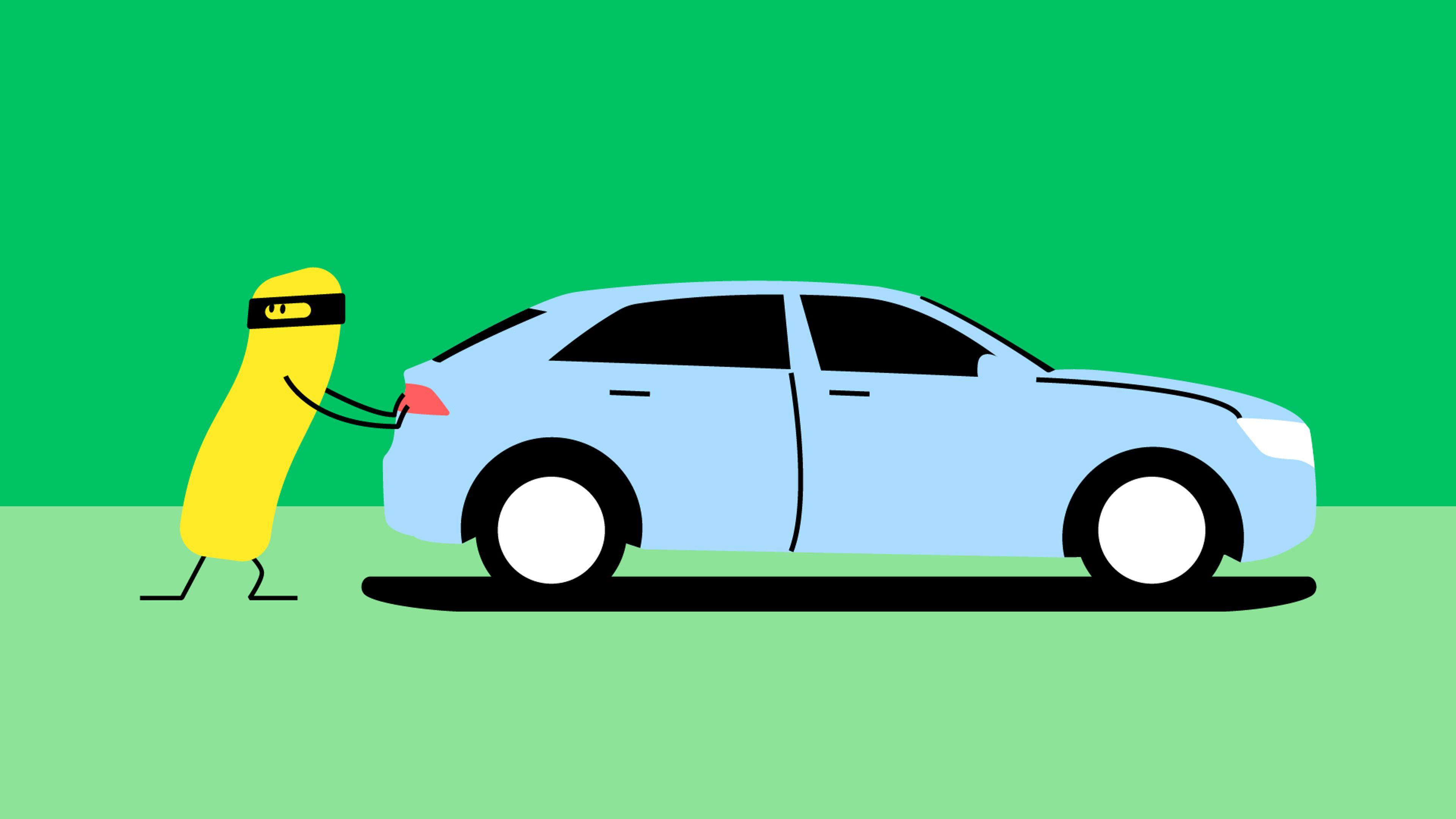
Criminals often disassemble stolen cars and sell their parts, as it's the easiest way to get rid of them and earn money without being caught. However, this isn't always the case.
Many people fall prey to wrongdoers and buy a stolen vehicle without knowing its history. This way, you'll not only lose your new purchase but also your money. How can you be sure if a car is not stolen and you won't have problems with law enforcement?

Try our VIN Decoder!
To learn more about any used car, check its VIN on our VIN Decoder page!
How to check if a car is stolen: a step-by-step guide
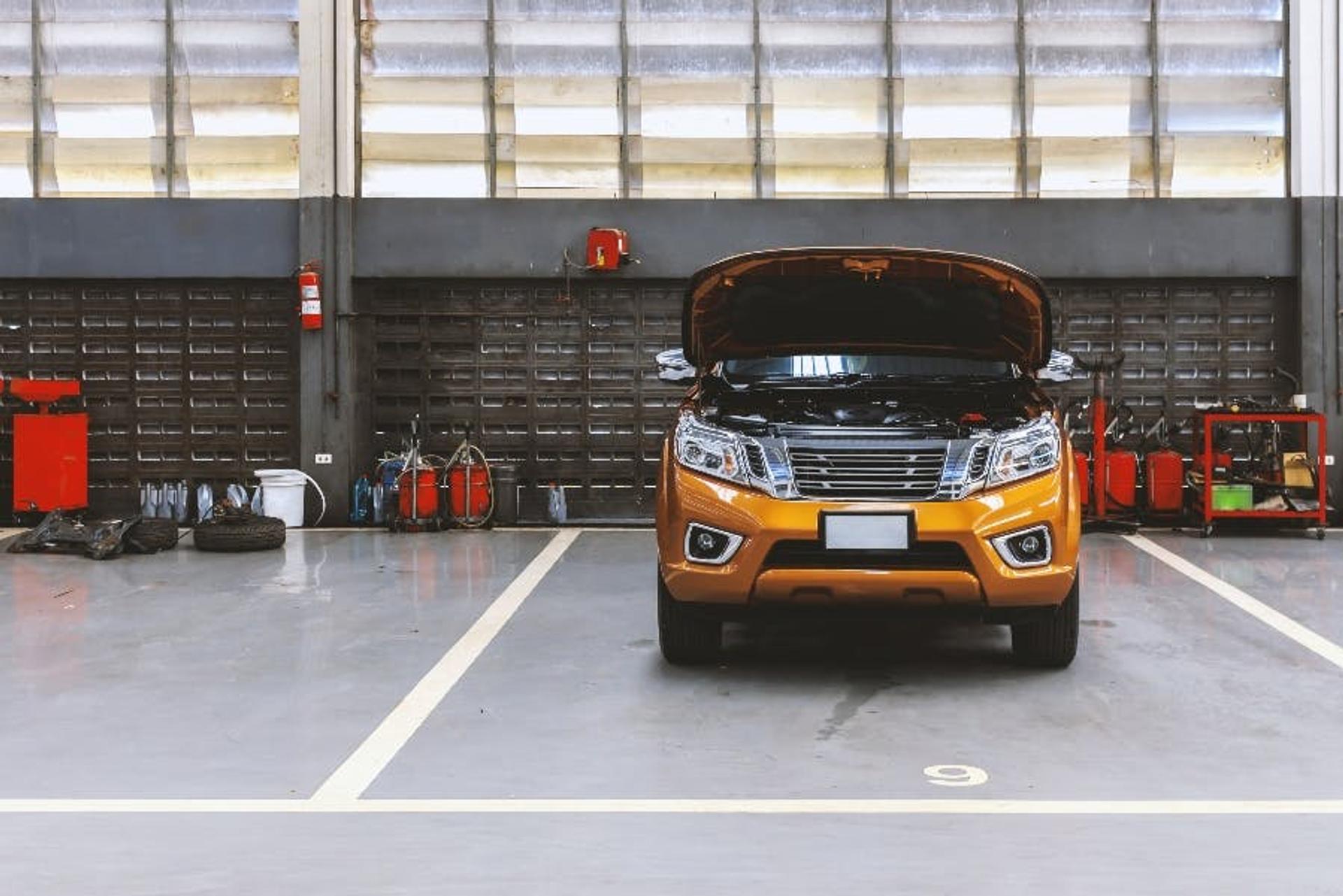
No one’s going to pat you on the back after buying a stolen vehicle. Someone is probably still looking for it, and either you or someone who sold the car to you is going to end up paying the price.
Here are 3 things you must check to avoid such unforgiving situations.
1. Use a VIN number to check stolen car databases
You can get a unique history report by entering a car’s VIN number on carVertical, as it has access to various automotive data, including police stolen vehicle databases, state registries, and insurance companies. Even if a car was snatched abroad – we’ve got you covered.
Many countries have their own public databases, that are tied to police records and insurance companies. This is another effective way to find whether any vehicle title problems are present. You may need a license plate number instead of a VIN, though.
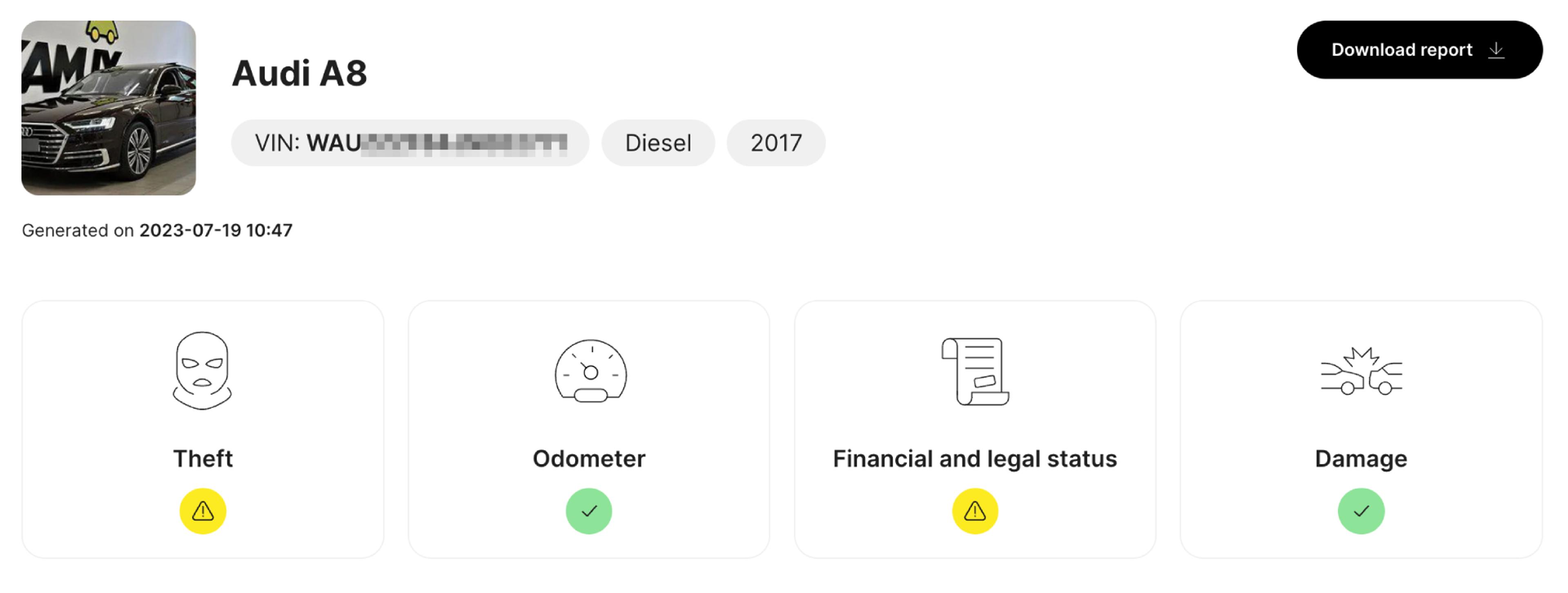
If you come across a carVertical report for a stolen car, a warning message will appear under the THEFT tab. You will see where and when the theft was registered in the Timeline section.
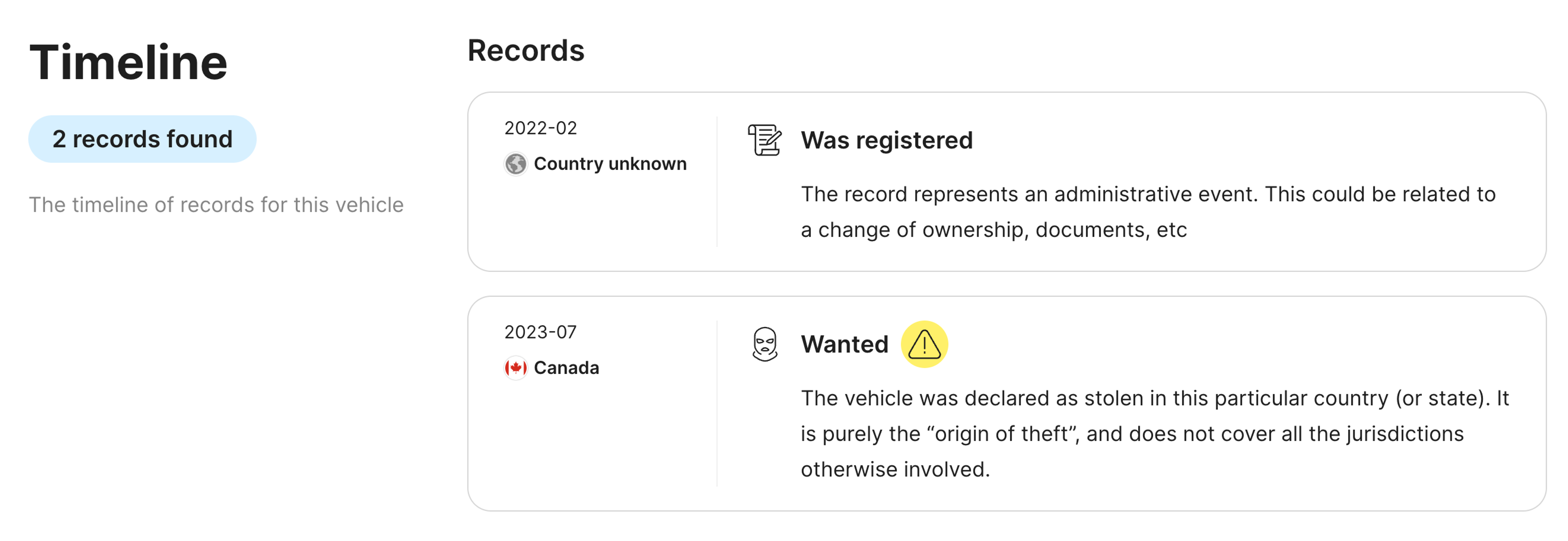
2. Notice the condition of VIN plates
Since getting a car history report is a great way to detect a stolen car, thieves will often illegally replace VIN plates on a vehicle. This unties a car from the “stolen” record, and some institutions may even find it legal afterwards.
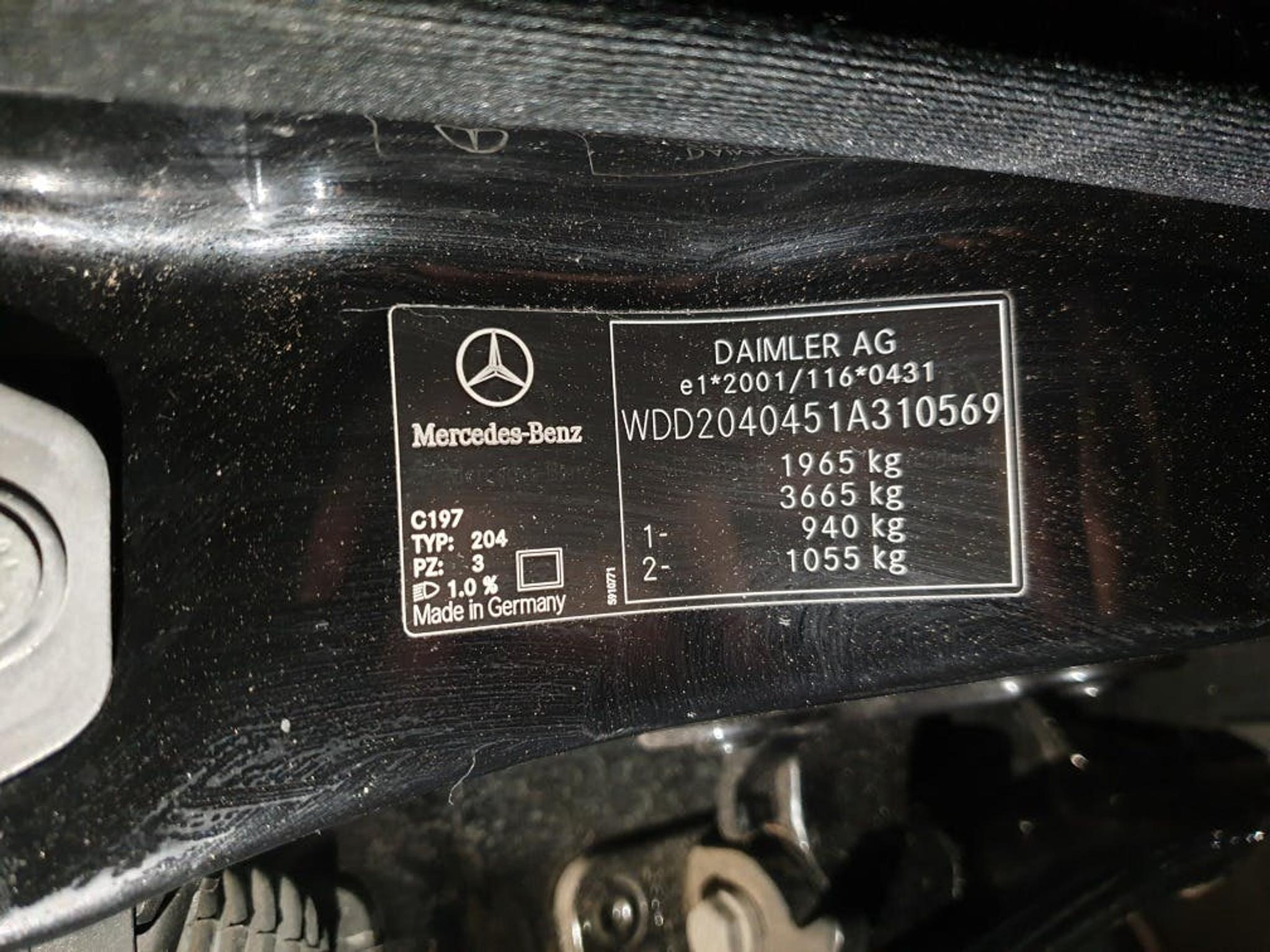
Tampered VIN plates are pretty easy to identify if you’re aware how the plates looked originally.
Car manufacturers use different types of fasteners – rivets, welding lines, and welding spots. A VIN plate shouldn’t be cut or damaged, and all characters should be clearly visible. If you’ve noticed that your friend’s Honda Accord has a VIN plate that’s fixed by rivets, this should be true in other Accords of the same age as well.
3. Check a car with a VIN decoder
A VIN can help in other ways as well – a vehicle’s VIN isn’t just a set of random characters. When divided into sections and decoded, it shows some primary data about a vehicle, such as make, model, color, and engine type. Use a VIN decoder to compare this data to what you’re seeing when checking a vehicle – discrepancies warn about possible VIN tampering and theft.
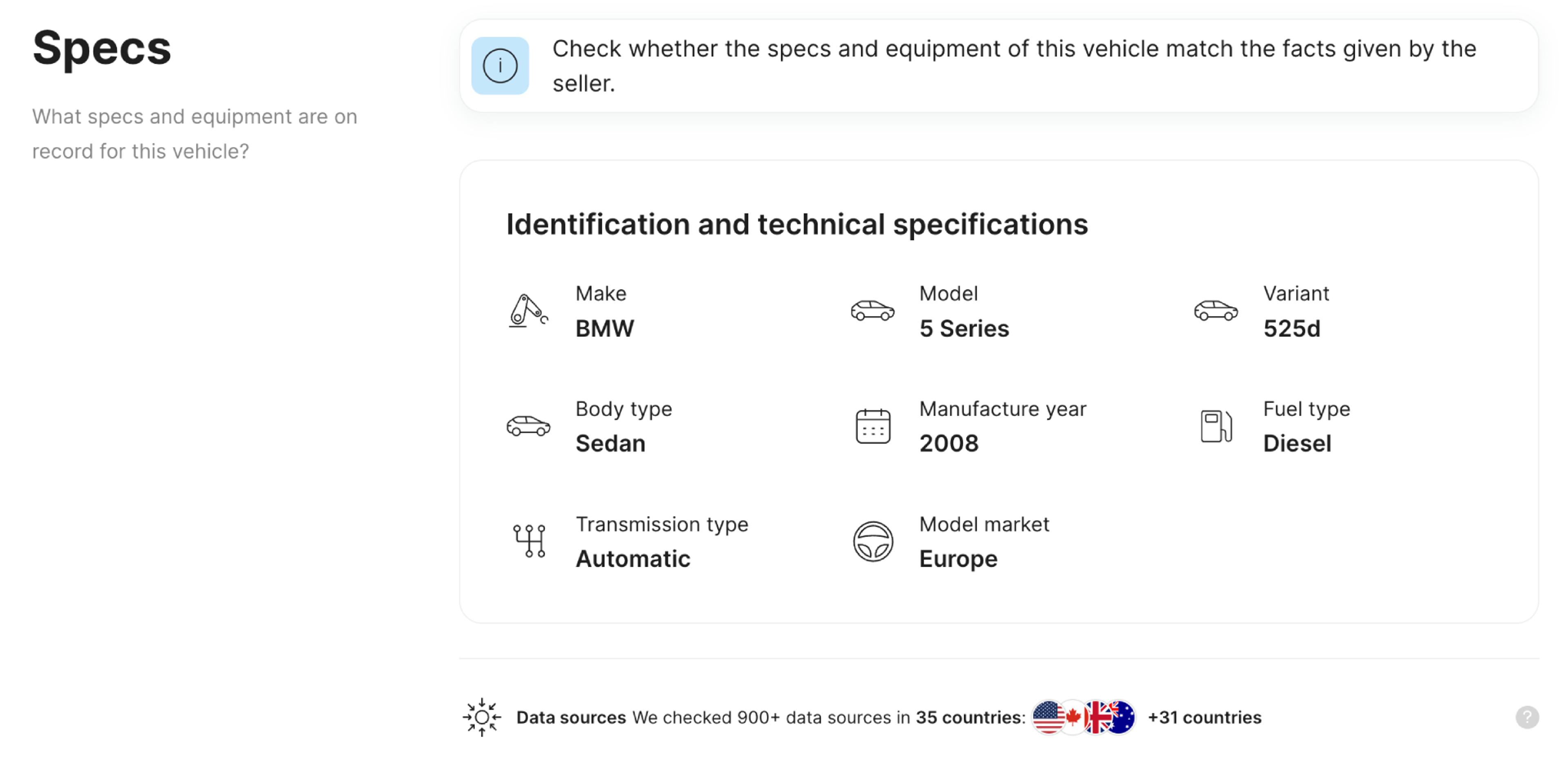
VIN information issues often mean a seller is hiding information. In some cases, perhaps they’re just inflating a car’s value by adding non-existent features to the ad.

Check your VIN
Avoid costly problems by checking a vehicle's history. Get a report instantly!
4. Make sure VINs match all over a vehicle
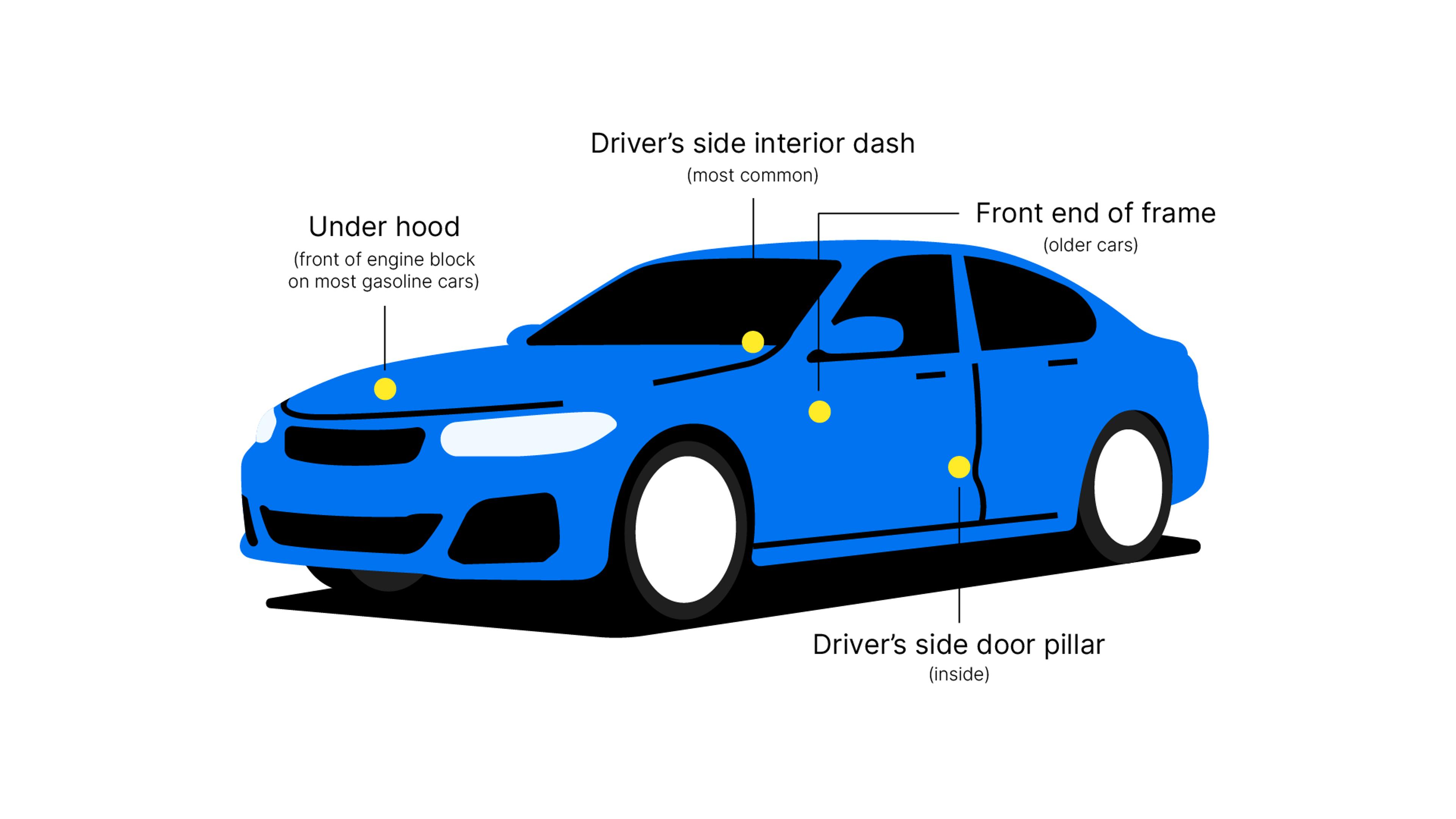
VIN numbers are usually placed in a few common locations on a car:
- Behind the front windshield (on the dashboard)
- Under the hood
- Inside of the driver’s side door pillar
- Front end of frame (older cars)
- Documents
Take your time to find all these numbers and compare them to one another and to the one on the insurance certificate/vehicle registration. If you’ve found different VINs, this may be a stolen car and not worth the price.
In this case, you should inform the police as soon as possible! Even if a car is not stolen, tampering with a VIN code is considered fraud in most places.
Can you buy a car without a title?
A car title is a legal certificate to prove the ownership of a vehicle in the US. Usually, buying a car without a title is illegal because of possible theft or severe damages. However, the situation depends on the state.
Each state approves car titles differently. Sometimes, sufficient proof of ownership is all you need to get a title in your name. Make sure to check the law in your state before getting a car without a title.
Follow these precautions when buying a car without a title
A vehicle title proves ownership, so a missing title may mean legal issues. Of course, we’re all human – people often damage or lose things. Car titles are no exception.
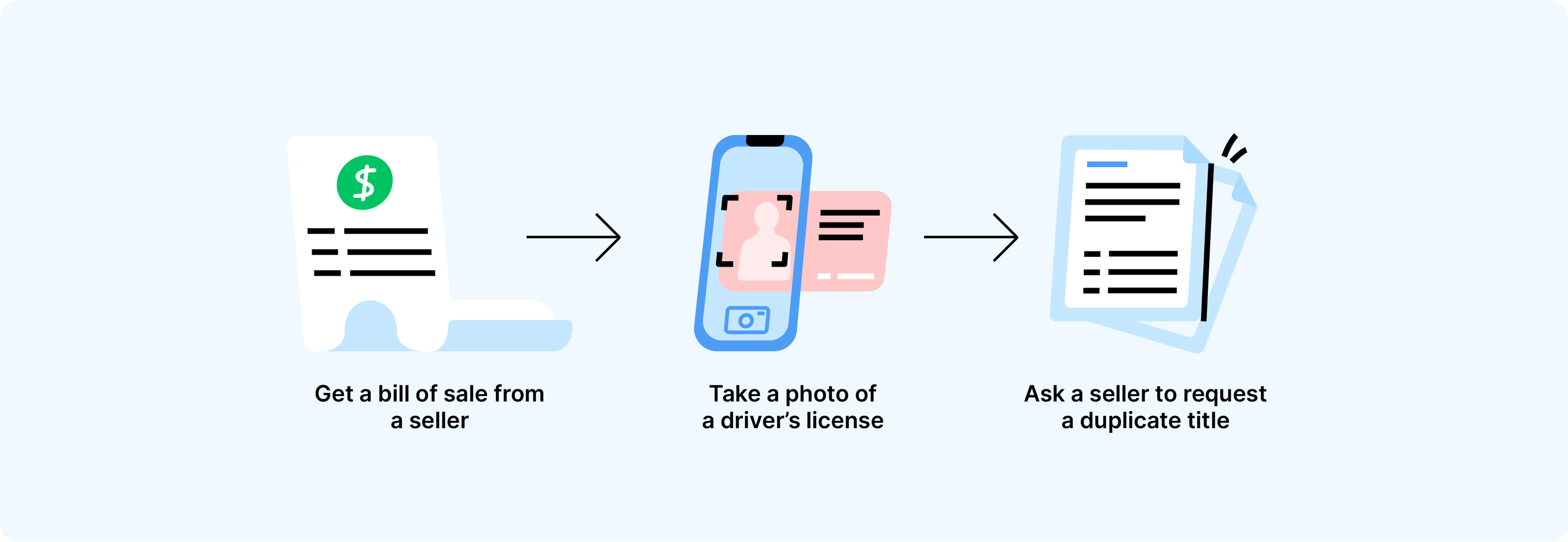
With that said, it can be very difficult to get a car title if you didn’t get a vehicle legally. In short, a missing title definitely should raise a red flag. If you still can’t resist a great deal and your state allows buying cars without a title, take the following precautions to avoid costly problems:
- Get a bill of sale from a seller.
- Take a photo of a driver’s license.
- Ask a seller to request a duplicate title.
Take the necessary precautions to ensure the car doesn’t belong to someone else.
How do people get away with selling a stolen vehicle?
Careless buyers
Checking VIN codes still isn’t the norm in the used vehicle market. That means sellers can (and often do) find buyers for stolen cars and motorcycles. If you don’t check a VIN when buying a used car, your chances of detecting a scam fall dramatically.
Fake VIN codes
Have you seen those burnt-to-the-ground cars that are still being sold for thousands of euros? These cars are literally destroyed, and there’s no point in restoring them. Yet, some folks still bid large sums of money on them.
Why?
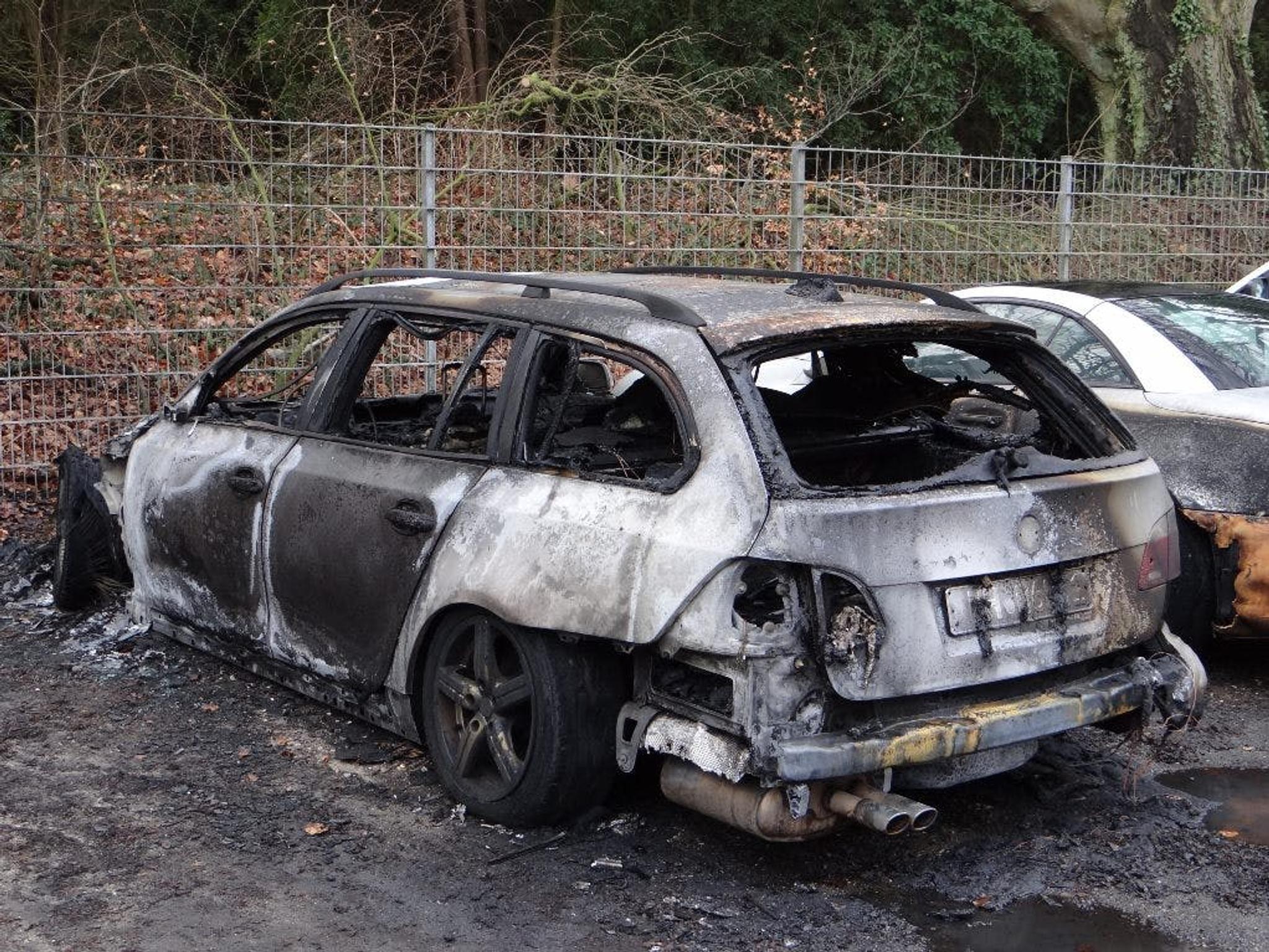
Well, many of these bidders are fighting for VIN plates only. They may be planning on stealing a car soon, and now they need a legitimate VIN plate of the same model to lose the “stolen” title.
While many such criminals get caught quickly, some cars shift from “stolen” to “clean” in a matter of hours.
Scrapping for parts
Other thieves just do the simple thing and scrap cars for parts. A huge proportion of used car parts are taken from stolen cars due to shady businesses known as chop shops. Some drivers even install tracking chips into the expensive bits, like headlights and media players.
While avoiding buying parts from a chop shop can be more difficult, not falling for a stolen vehicle is a lot easier. As long as you don’t skip getting a VIN check, you should be completely fine.
What information can you find in a VIN report and what to do with it?
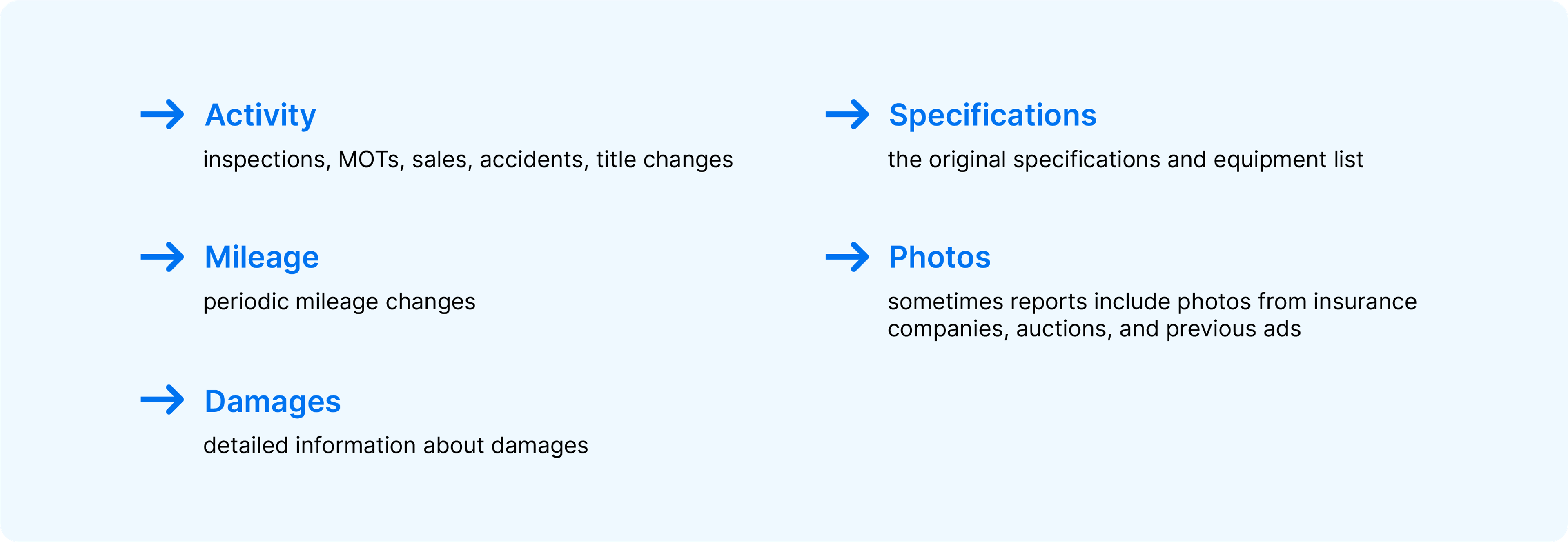
Vehicle history reports present information collected from various resources. For example, carVertical reports reveal vehicle thefts by checking police records, data from insurance companies, and information about titles.
But there’s also other data that’s useful when buying a used car:
- Activity – inspections, MOTs, sales, accidents, title changes
- Mileage – periodic mileage changes
- Damages – detailed information about damages
- Specifications – the original specifications and equipment list
- Photos – sometimes reports include photos from insurance companies, auctions, and previous ads
This information can be extremely useful when negotiating with any used car seller. At worst, a history report will ease your mind before making a purchase. At best, it will help you get a much better price or dodge a complete scam.
A “stolen” title isn’t as common as mileage fraud or past accidents, but it carries more risk for a buyer. For example, you can even end up in jail after buying a stolen car. Oh, sure, you didn’t know it was stolen – certainly no one’s ever said that before!
